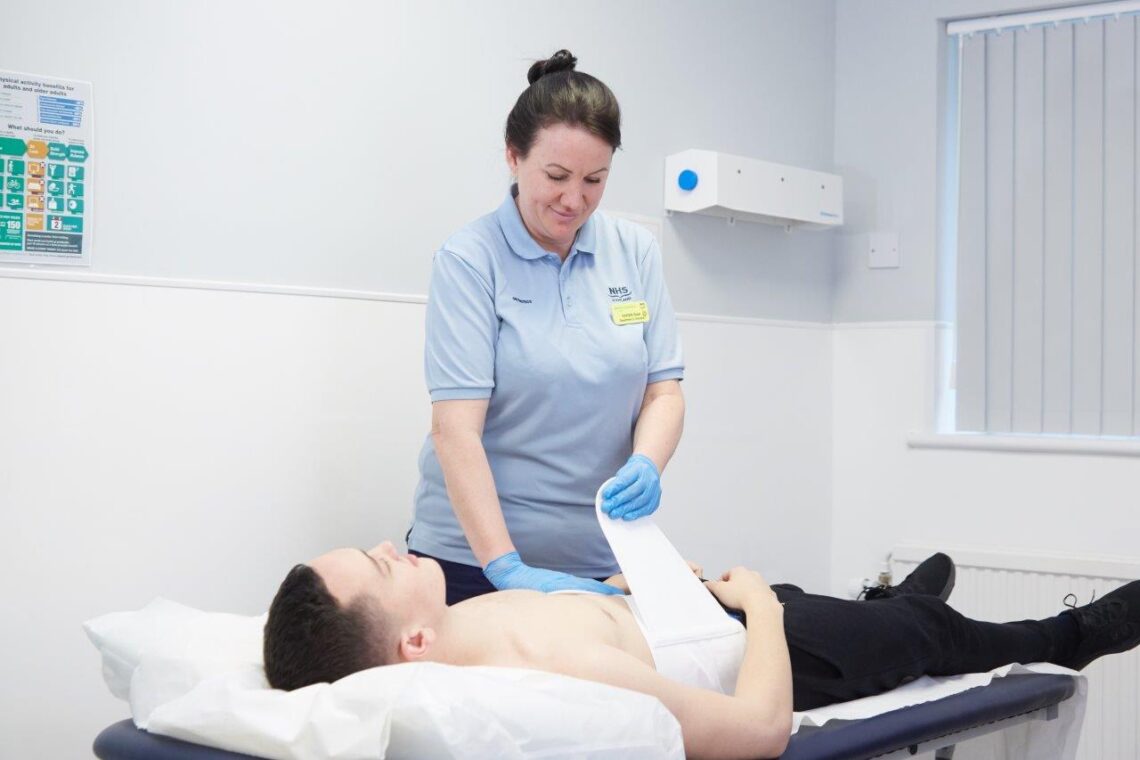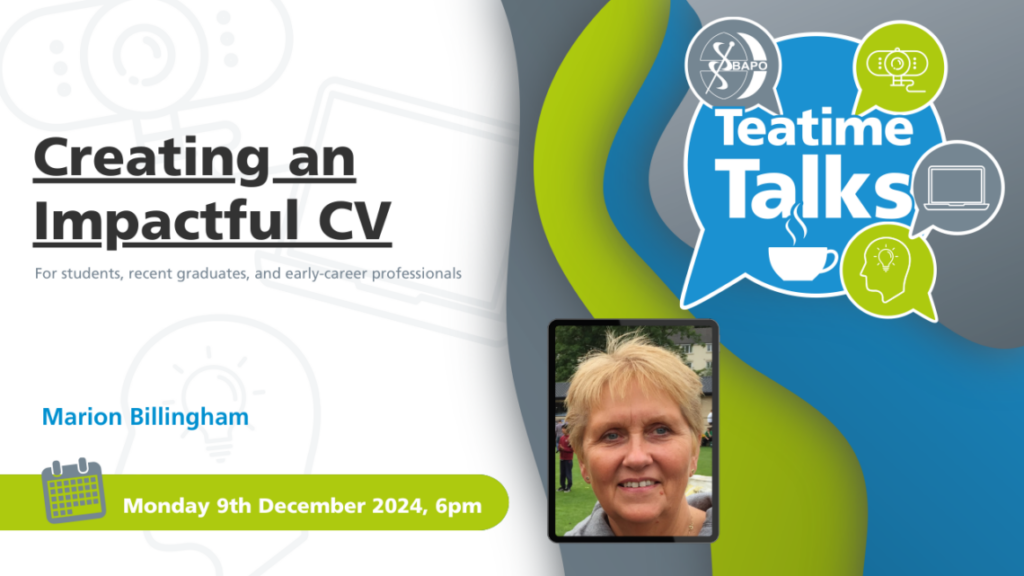Archives for January 2025
Educator Resources





BAPO Simulated Escape Room
Welcome to the BAPO simulated escape room. This is an open access resource, and anyone can view and complete this simulation challenge.
The target audience are learners going into practice-based learning settings for the first time and is applicable to both student and apprentice learners. Others may also be interested in completing this simulation challenge for CPD and refreshers on the topics covered.
The escape room is centred around 4 topics:
- Confidentiality and sharing information
- Data Breaches
- Communication
- Record keeping.
For learners, this simulation room is designed to complement and support the mandatory training provided by your Higher education provider.
You may also find it useful to use your eLearning for Health (elfh) account to further supplement your learning or CPD https://www.e-lfh.org.uk/
The Educator Network
Welcome to the BAPO Clinical Educators Network
Welcome to the Clinical Educators Network, a dedicated community for clinical educators committed to excellence in healthcare education. Our mission is to support, inspire, and connect educators across the prosthetics and orthotics, fostering a collaborative environment where knowledge and best practices are shared.
Who We Are
The educator network is a diverse group of clinical educators from various specialties and backgrounds, united by our passion for helping learners prepare for the world of work in prosthetics and orthotics. The network provides a platform for professional development, peer support, and innovative educational resources.
The network is open to join for BAPO members and non-members and its resources are available to everyone, NHS & non-NHS staff alike.
Join Us
Become a part of our vibrant community and contribute to the future of healthcare education for prosthetics and orthotics. Whether you are an experienced educator or new to the field, the BAPO Clinical Educators Network offers valuable opportunities for growth and collaboration.
Contact Us
For more information or to join our network, please contact us at enquiries@bapo.com or submit your interest below.
HCPC Year in Registration report 2024
Highlights from the 2024 Survey:
- Perception of Programmes: Respondents continue to describe their programmes positively, with words like “supportive,” “thorough,” and “valuable.” 78% agreed their programme prepared them well for practice.
- Interprofessional Education: While 70% acknowledged its importance, 8% reported no engagement with other professional groups, highlighting an area for improvement.
- Service User Engagement: There has been a notable improvement in service user involvement, reflecting efforts to enhance this area.
- Practice-Based Learning: 80% agreed their practice-based learning effectively developed the skills and knowledge needed for professional practice. Respondents also found the requirements of practice-based learning clear.
- Preceptorship Support:
- Mixed experiences, with some feeling unsupported, especially in the early months, impacting mental health.
- 28% reported not having a structured learning period, though this is a 6% improvement from last year.
- Preceptorship periods remain short for some, with 27% reporting durations of 1-3 months or less.
- Alignment with Learning Objectives: 67% agreed their academic work aligned with learning objectives, slightly lower than in 2023, partly due to staffing challenges in education providers.
- Artificial Intelligence: Many respondents reported minimal interaction with AI during their studies, highlighting potential gaps in integrating emerging technologies.
Next Steps:
We are using these findings to guide our performance review process, encouraging education providers to reflect on specific areas of improvement. These insights will continue to shape our quality assurance work, ensuring education aligns with our public protection remit.
For more detailed information, you can read the full report.
Job Advert – Proactive – Maternity cover Prosthetist – Godalming, Surrey
Job Advert – Daceys – Orthotist – Bristol, Swindon and Wiltshire
Job Advert – TayCare – Graduate Orthotist – Leeds
BAPO Teatime Talk Recording – Creating an Impactful CV, Presented by Marion Billingham
9th Of December

Preparing for jobs in prosthetics and orthotics
BAPO is delighted to provide a guide to help learners, graduates, people returning to practice, international recruits, and people planning to take the next step in their career prepare to apply for jobs in prosthetics and orthotics. Our learners told us what resources they needed, and we have responded